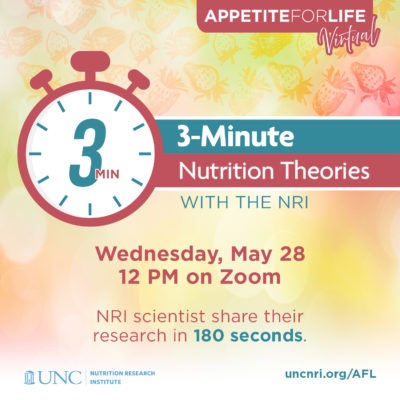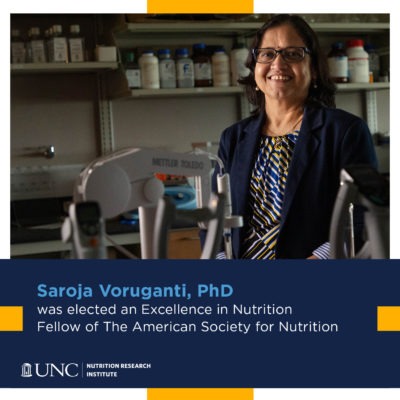Microbiome and Nutrition
The complex community of bacteria, yeasts and viruses living in our intestines, collectively known as the gut microbiome, is shaped, in part, by what we eat. Genetics, environment, and other factors also influence an individual’s microbial community. Research at the NRI investigates these complex relationships and their impact on disease risk. We use animal models and bioinformatics to study the associations between nutritional metabolites, gut microbiome, and health. What happens in the gut doesn’t stay in the gut. Your microbiome can play a role in cardiovascular disease, obesity and diabetes, and even cancer. Our team envisions a future where analysis of your microbiome can determine disease risk, and medical foods can be prescribed to treat and prevent disease by regulating the microbiome.
Publications
Microbiome and Nutrition Publications
2020
Population studies of TMAO and its precursors may help elucidate mechanisms. Meyer K
2019
Association of dietary patterns with the gut microbiota in older, community-dwelling men. Meyer K
2018
Meta-analysis of human genome-microbiome association studies: the MiBioGen consortium initiative. Meyer K
Human microbiota, blood group antigens, and disease. Sumner S
2017
Trimethylamine N-Oxide, the Microbiome, and Heart and Kidney Disease. Zeisel S
2016
Diet and Gut Microbial Function in Metabolic and Cardiovascular Disease Risk. Meyer K
Antibiotic-mediated gut microbiome perturbation accelerates development of type 1 diabetes in mice. Sumner S
Related News
Helping Emotional Eaters Maintain Their Weight: A Promising New Approach
For many adults, eating in response to emotions rather than hunger – known as emotional eating – can lead to unwanted weight gain and increase the risk of serious health conditions like heart disease and diabetes. A new pilot study led by UNC Nutrition Research...
Appetite for Life: 3-Minute Nutrition Theories
Winning at Weight Loss in the Tech Era with Deborah Tate, PhD
Originally aired on the Weight Loss And podcast In a world filled with smart rings, fitness trackers, and weight loss apps, knowing which digital tools actually work — and how to use them — can feel overwhelming. To help listeners cut through the noise, Weight Loss...
STEM Night was a Home Run!
Summer Fest Volunteer 2025
Celebrating a Career of Impact: Voruganti Named ASN Fellow
Saroja Voruganti, PhD, Director of the Clinical Research Core at the UNC Nutrition Research Institute (NRI), has been named one of the first recipients of the new Excellence in Nutrition "Fellow of ASN" (FASN) designation by the American Society for Nutrition (ASN)....






